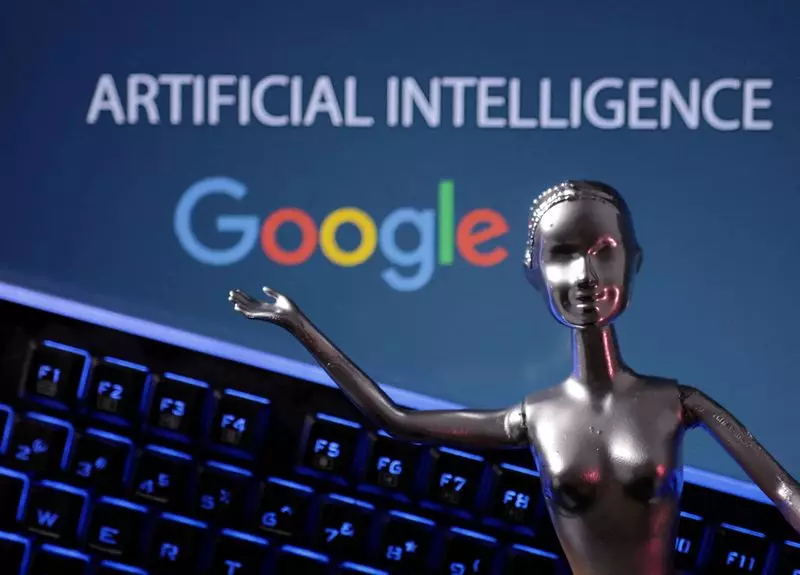In a landscape increasingly characterized by stringent regulatory developments, Google is positioning itself as a pioneer in shaping the dialogue around artificial intelligence (AI). As the need for comprehensive AI regulations intensifies worldwide, Google is not merely reacting to regulatory challenges; it is actively seeking to influence public perception and policy formation. This article explores Google’s initiatives to foster AI understanding and education, the regulatory hurdles it faces, and the broader implications of these efforts for the tech landscape.
With a pronounced focus on AI, Google finds itself at a critical juncture. As outlined by Kent Walker, the company’s president of global affairs, fostering public understanding of AI is essential for crafting sound policies that govern its application. The company’s strategies are twofold: they aim to mitigate regulatory scrutiny while simultaneously creating a more informed public capable of engaging with AI technologies.
In the European Union, for instance, Google has been proactive, offering to divest parts of its advertising technology sector as a conciliatory move to placate regulators. Domestically, the U.S. Justice Department has made moves to regulate Google’s Chrome browser, seeking a possible breakup due to concerns over monopoly practices. The situation underscores the precarious balance Google must maintain between innovation and compliance amid evolving legislation.
Recognizing the potential backlash from AI proliferation—including widespread job displacement—Google has initiated a comprehensive educational program aimed at workforce development. This effort has been spearheaded by a significant financial investment of $120 million announced by CEO Sundar Pichai. The idea is that by upskilling individuals and organizations in AI competencies, Google can not only prepare the workforce for future roles but can also create a constituency supportive of technology implementation.
The “Grow with Google” program stands out as a flagship initiative. This platform offers training in various technical skills, enabling participants to acquire valuable certifications for job applications. With specialized courses focusing on AI tailored for various sectors—including education—Google is creating resources that promise to be highly relevant in a technology-driven job market.
Collaboration with Educational Institutions
Google is embarking on innovative public-private partnerships aimed at aligning education with the needs of the future job market. One noteworthy initiative involves collaborating with community colleges to launch the “Skilled Trades and Readiness” program. By integrating AI training into this partnership, Google is addressing a critical gap in the workforce—namely, the preparation of individuals for future roles within data-centric environments.
As Walker points out, establishing effective educational outcomes is not simply about offering courses but rather ensuring that participants have tangible objectives, such as certifications. This practical focus on career readiness is essential for maintaining relevance in an ever-evolving job landscape.
The Long-Term Outlook on AI and Employment
Looking to the horizon, Google’s leadership acknowledges the nuanced impact AI will have on employment. While concerns about mass job loss due to automation are valid, studies promoted by Google and other institutions, like Goldman Sachs and McKinsey, suggest that most jobs will likely integrate AI tools rather than be entirely replaced.
To deeper understand these shifts, Google has brought aboard economist David Autor to explore the ramifications of AI on labor dynamics. Autor highlights the potential of immersive AI-driven training programs reminiscent of flight simulators, which could enhance adult retraining processes—a traditionally challenging domain.
As Google navigates the multifaceted challenges posed by both regulation and public perception surrounding AI, its proactive commitment to educational initiatives and strategic collaborations suggests a long-term vision that prioritizes sustainable growth in the tech industry. By equipping the workforce with the necessary tools and knowledge to adapt to AI advancements, Google not only seeks to mitigate regulatory risks but also aims to foster a culture of innovation that aligns technological progress with societal needs. The outcomes of these endeavors may ultimately shape the future landscape of work and technology in a balanced manner, ensuring that both consumers and the workforce can thrive in an AI-driven world.

